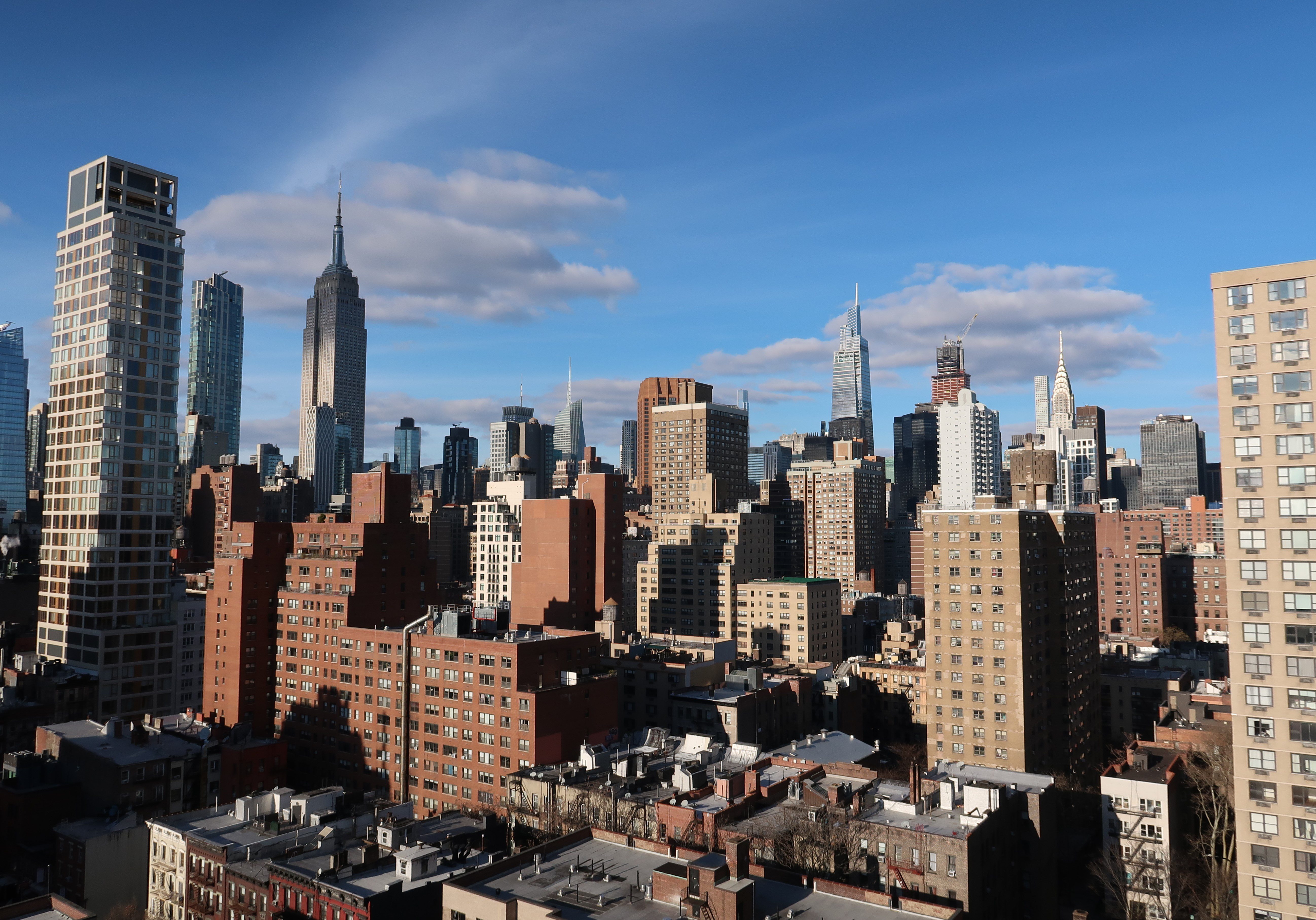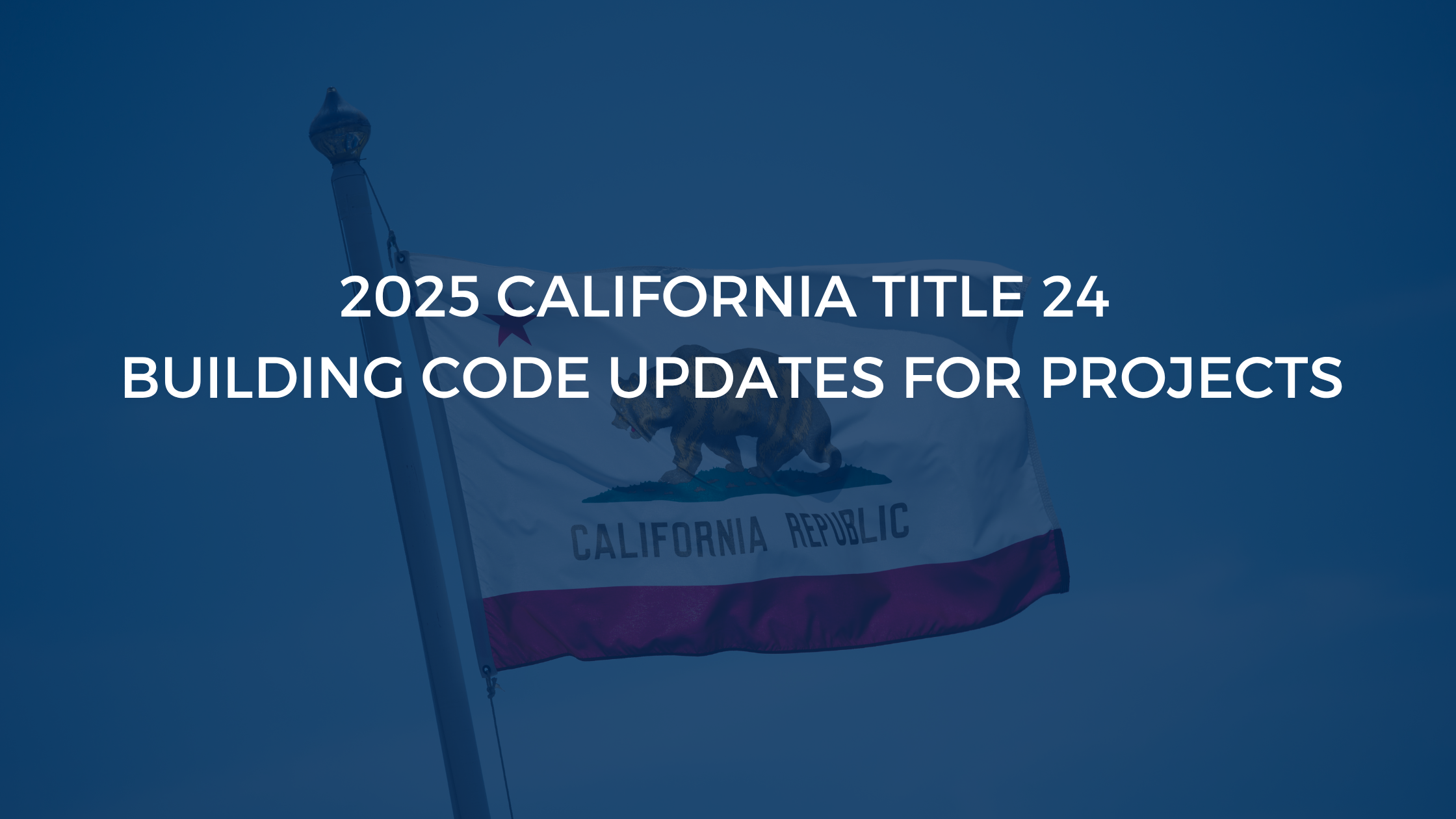In "the city that never sleeps," it's no surprise that noise complaints are the number one quality of life issue for New York City residents. In an effort to reduce noise pollution, New York City updated its Noise Code in 2007; this was the first update to the Noise Code in 30 years. According to the Department of Environmental Protection (DEP), the code amendments were made to “reflect the changing landscape and advances in acoustic technology.”
To limit construction noise, the Noise Code mandates that all construction be conducted with noise mitigation plans that address the specific location, type of work and timing of a project.
Below we outline the key points about the Noise Code and how you can avoid receiving noise penalty violations:
CONSTRUCTION NOISE
All construction projects must have noise mitigation plans to ensure that noise is being considered during these projects. The Noise Code also sets standards for noise levels on construction projects and limits the hours when construction is permitted to occur.
- Contractors must develop a noise mitigation plan prior to the start of work.
- Every construction site must have a noise mitigation plan on location.
- If noise complaints are received, an inspector will ensure the contractor has posted the plan and that it is being followed. This will determine whether or not the plan needs modification.
- When construction activity is planned near locations such as schools, hospitals and houses of worship, the party responsible for construction is expected to design their noise mitigation plan to be sensitive to its neighbors.
When animals can be heard from inside a nearby residence for more than 10 consecutive minutes during the day or more than 5 consecutive minutes at night, the neighbor has the right to file a complaint and further action will be taken.
VENDING NOISE
Ice cream trucks—or other types of vendors—may only play music if they are in motion.
VEHICLE NOISE
Cars and motorcycles are limited to the amount of noise they are permitted to make; the permitted level of noise varies based on the size of the vehicle. In addition, please be aware that honking horns is not legal, unless the driver is using the horn as a warning sign in a dangerous situation.
LAWNCARE NOISE
Lawnmowers and leaf blowers may only be used 8am – 7pm on weekdays and 9am – 6pm on weekends and holidays.
MISCELLANEOUS LOUD NOISES
AC units, music from bars/restaurants, and garbage trucks have specific decibel levels that they are not permitted to exceed.
If you hear an excessive noise that you believe violates the noise code, call 311 to file your complaint. Punishment fines for violating the NYC Noise Code range from $70 to $400-plus. Fee amounts can be viewed in the DEP's Noise Penalty Schedule.



-3.png)


